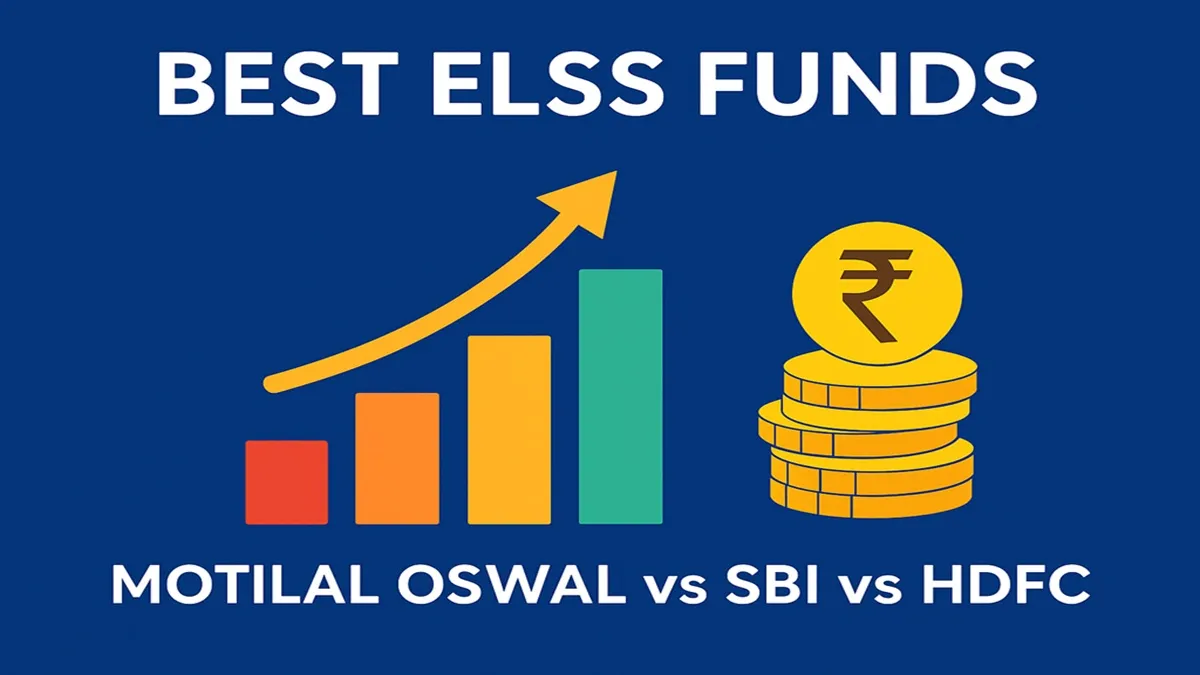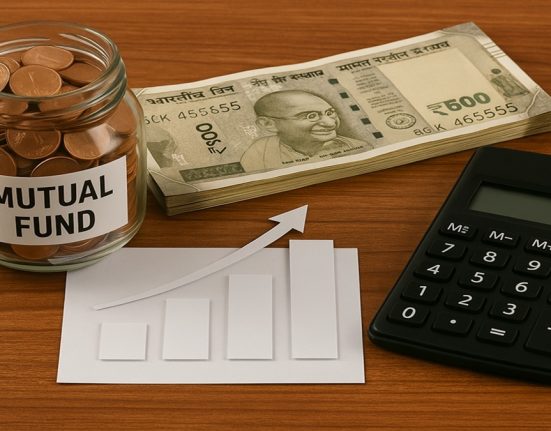Equity-Linked Savings Scheme (ELSS) has been one of the most popular mutual fund categories for a long time, as it offers a tax deduction benefit of up to Rs 1.5 lakh under Section 80C of the Income Tax Act, under the old tax regime. However, investments in an ELSS plan come with a lock-in period of 3 years. Compared to other tax-saving instruments, ELSS funds have a shorter lock-in. For instance, tax-saving FDs require a 5-year lock-in, while PPF comes with a 15-year lock-in.
As a category, ELSS mutual funds have outperformed some key categories like large-cap and flexi-cap funds over the last 3 and 5 years. On average, the ELSS category has delivered annualised returns of 15.68% in 3 years and 20.12% in 5 years, according to Value Reserach. The category, however, has underperformed others such as small-cap, mid-cap, and large & mid-cap funds.
In this write-up, we review three top-performing ELSS funds (direct plans) and compare their 3-year and 5-year returns.
Top 3 ELSS mutual funds based on their 3-year and 5 year-returns
1. Motilal Oswal ELSS Tax Saver Fund
Motilal Oswal ELSS Tax Saver Fund is an open-ended scheme launched on January 21, 2015. The fund has delivered a return of 17.81% since inception and tracks the NIFTY 500 TRI as its benchmark. It falls under the “Very High” risk category. As of July 31, 2025, the fund manages assets worth Rs 4,402 crore, with an expense ratio of 0.65% as of August 31, 2025.
Motilal Oswal ELSS Tax Saver Fund’s returns in 3 years and 5 years
In the last 3 years, the fund has delivered strong annualised returns of 25.38%, outperforming its benchmark BSE 500 TRI, which gave 14.41%. Over a 5-year period too, the fund has maintained its outperformance with returns of 25.48%, compared to the benchmark’s 20.33%.
A lumpsum investment of Rs 1 lakh in this fund made 3 years and 5 years ago would have turned into Rs 1.98 lakh and Rs 3.10 lakh, respectively.
2. SBI ELSS Tax Saver Fund
SBI ELSS Tax Saver Fund is an open-ended equity-linked savings scheme launched on January 1, 2013. Since its inception, the fund has delivered returns of 16.31% and follows the BSE 500 TRI as its benchmark. It is categorized under the “Very High” risk level. As of July 31, 2025, the fund manages assets worth Rs 30,271 crore, with an expense ratio of 0.95% as of August 31, 2025.
SBI ELSS Tax Saver Fund’s returns in 3 years and 5 years
Over the last 3 years, SBI ELSS Tax Saver Fund has delivered annualised returns of 23.42%, beating its benchmark BSE 500 TRI, which gave 14.41% in the same period. On a 5-year horizon, the fund has continued its strong performance with returns of 25.40%, compared to 20.33% from the benchmark.
This fund has turned a lumpsum investment of Rs 1 lakh done 3 years and 5 years ago Rs 1.88 lakh and Rs 3.10 lakh, respectively.
3. HDFC ELSS Tax Saver Fund
It is an open-ended equity-linked savings scheme (ELSS) launched on January 1, 2013. The fund has generated returns of 15.39% since launch and is benchmarked against the NIFTY 500 TRI. It falls under the “Very High” risk category. As of July 31, 2025, the fund manages assets worth Rs 16,579 crore, with an expense ratio of 1.09% as of August 31, 2025.
HDFC ELSS Tax Saver Fund’s returns in 3 years and 5 years
In the past 3 years, HDFC ELSS Tax Saver Fund has delivered impressive returns of 21.74% CAGR, outperforming its benchmark BSE 500 TRI, which gave 14.41%. Over the 5 years, the fund has maintained its outperformance with returns of 25.14%, compared to the benchmark’s 20.33%.
A lumpsum investment of Rs 1 lakh into this fund made 3 years and 5 years would be worth now Rs 1.84 lakh and Rs 2.98 lakh, respectively.
Past mutual fund returns don’t guarantee future returns
While investing in mutual funds, it is very important to understand that the returns given here are completely based on past performance. That is, the figures you are seeing for a period of three years or five years are just a record of that period. This does not mean that the funds will give the same or more returns in the future.
Being linked to the stock market, the returns of ELSS funds depend on the market conditions, economic environment and the performance of the company. Therefore, the investor should keep in mind that past returns are not a guarantee of future and before investing, the decision should be taken keeping in mind one’s risk capacity and financial goals.




